Service hotline
+86 0755-83044319
release time:2024-08-29Author source:SlkorBrowse:7199
The DC-DC regulator is a critical component in modern electronic systems, ensuring efficient power management and stability. This article provides a comprehensive overview of the DC-DC regulator, covering its definition, historical development, key characteristics, parameters, roles, applications, and notable manufacturers. Understanding these aspects is essential for procurement and engineering teams in consumer electronics companies.
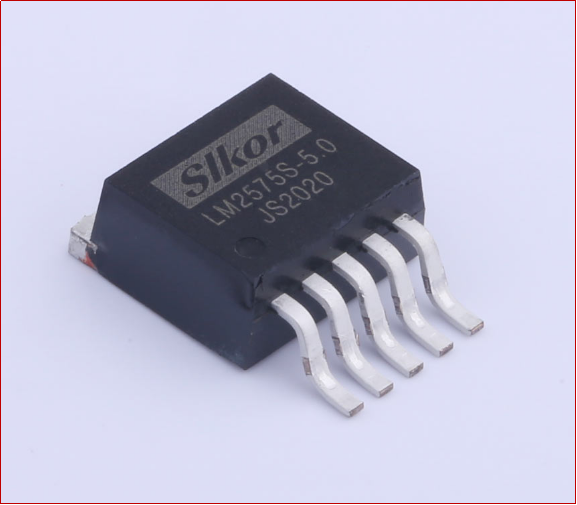
A DC-DC regulator is an electronic device that converts one level of direct current (DC) voltage to another, more suitable level. This conversion is essential in electronic devices to maintain consistent power supply despite variations in input voltage or load conditions. By regulating the voltage output, the DC-DC regulator ensures the reliable operation of sensitive electronic components.
The evolution of the DC-DC regulator has been driven by the need for improved efficiency and miniaturization in electronic devices. Early regulators were based on linear technology, which was less efficient compared to modern switching regulators. Over time, advancements in semiconductor technology led to the development of more efficient DC-DC regulators using switching techniques, such as buck and boost converters. These innovations have significantly enhanced power management capabilities in various applications.
Understanding the characteristics of a DC-DC regulator is crucial for selecting the right component for a given application. Key characteristics include:
Several key parameters define the performance of a DC-DC regulator, including:
The DC-DC regulator plays several vital roles in electronic systems, including:
DC-DC regulators are used in a wide range of applications, including:
Several leading manufacturers specialize in producing high-quality DC-DC regulators. These include:
The DC-DC regulator is an indispensable component in modern electronics, providing crucial functions such as voltage conversion, power efficiency, and load regulation. Its development from early linear designs to advanced switching regulators reflects the ongoing demand for more efficient and compact solutions. By understanding the characteristics, parameters, roles, applications, and leading manufacturers of DC-DC regulators, procurement and engineering teams can make informed decisions that enhance the performance and reliability of their electronic systems.
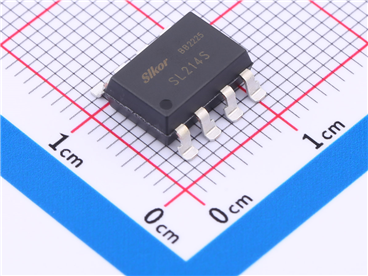
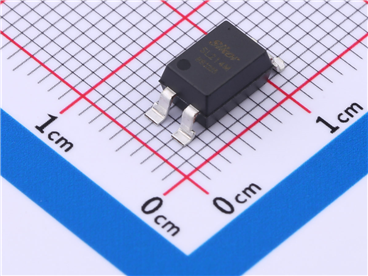
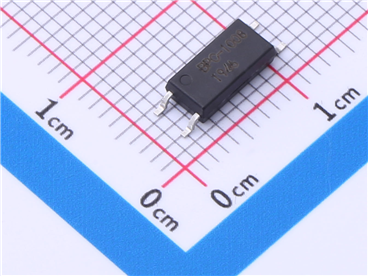
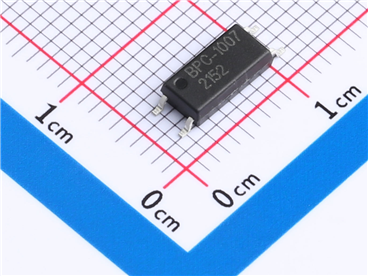
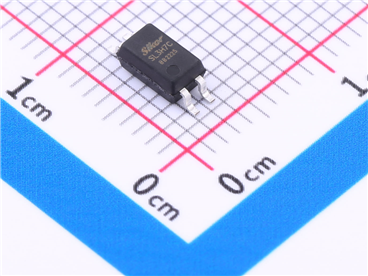

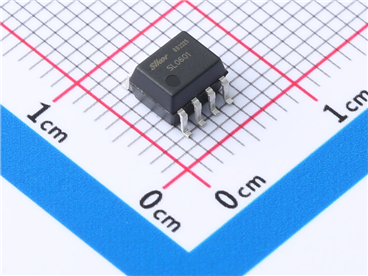


Site Map | 萨科微 | 金航标 | Slkor | Kinghelm
RU | FR | DE | IT | ES | PT | JA | KO | AR | TR | TH | MS | VI | MG | FA | ZH-TW | HR | BG | SD| GD | SN | SM | PS | LB | KY | KU | HAW | CO | AM | UZ | TG | SU | ST | ML | KK | NY | ZU | YO | TE | TA | SO| PA| NE | MN | MI | LA | LO | KM | KN
| JW | IG | HMN | HA | EO | CEB | BS | BN | UR | HT | KA | EU | AZ | HY | YI |MK | IS | BE | CY | GA | SW | SV | AF | FA | TR | TH | MT | HU | GL | ET | NL | DA | CS | FI | EL | HI | NO | PL | RO | CA | TL | IW | LV | ID | LT | SR | SQ | SL | UK
Copyright ©2015-2025 Shenzhen Slkor Micro Semicon Co., Ltd